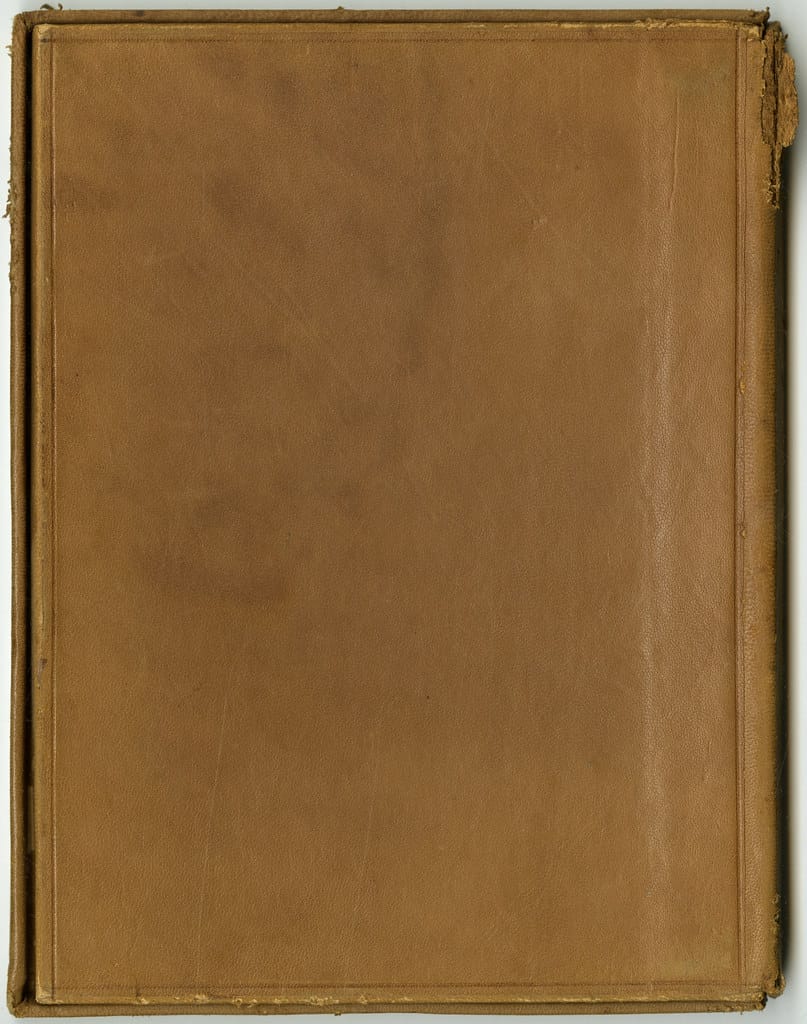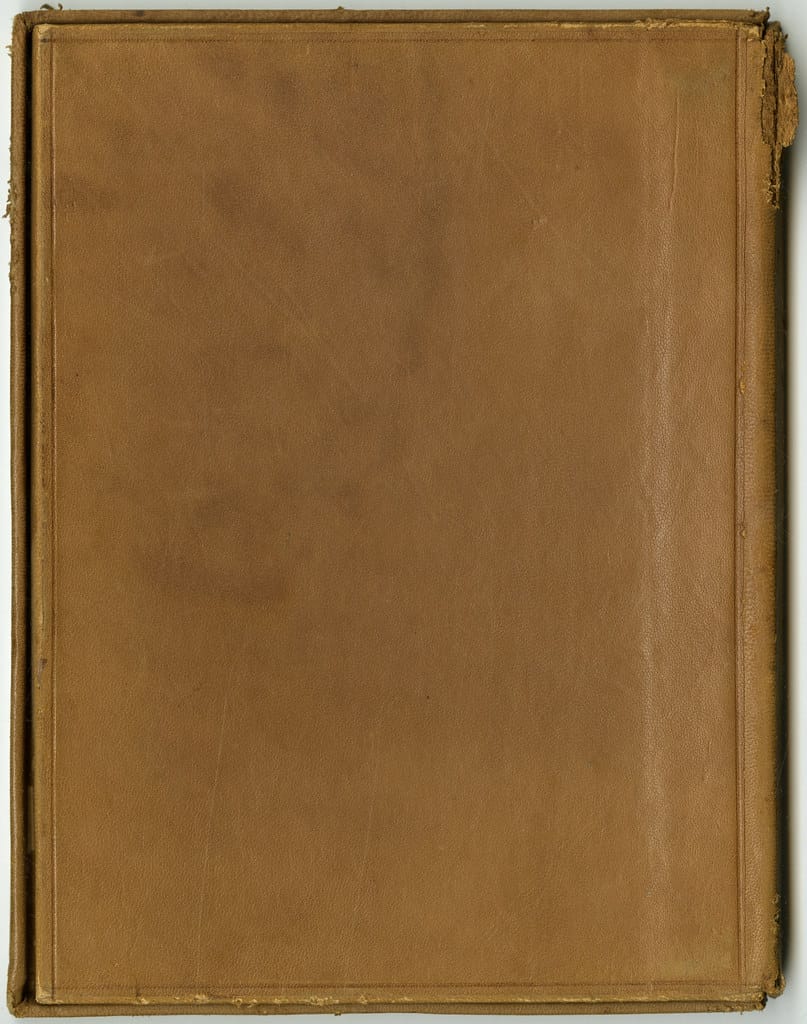Australia Expands Groundbreaking Teen Social Media Ban to Include YouTube
Australia has dramatically expanded its controversial social media restrictions for minors, removing YouTube from its list of exempt platforms and solidifying the nation's position as a global pioneer in youth digital protection. The move signals a significant escalation in the government's battle against what it sees as harmful online content targeting children and teenagers.
The Ban Goes Further Than Expected
When Australia first announced its intention to restrict social media access for users under 16, YouTube initially received an exemption alongside educational and messaging platforms. However, in a surprising reversal that has sent shockwaves through the tech industry, lawmakers have now included the Google-owned video platform in their comprehensive ban.
The legislation, which passed through Parliament with bipartisan support, will require social media companies to implement robust age verification systems or face penalties of up to AU$50 million (approximately $32 million USD). The law is set to take effect in early 2025, giving platforms roughly 12 months to develop and implement compliant systems.
Why YouTube Lost Its Safe Harbor Status
The decision to include YouTube in the ban reflects growing concerns about the platform's algorithm-driven content recommendations and their impact on young users. Recent studies have shown that YouTube's recommendation system can quickly lead minors from innocent content to increasingly extreme or inappropriate material.
"YouTube presents unique challenges because it straddles the line between educational content and social media," explained Dr. Sarah Chen, a digital policy researcher at the Australian National University. "While it hosts valuable educational materials, its comment sections, live streaming features, and algorithmic recommendations create social media-like experiences that can be particularly harmful to developing minds."
The platform's massive reach among Australian youth also influenced the decision. According to the Australian Communications and Media Authority, 87% of Australian teens aged 13-17 regularly use YouTube, making it the most popular platform in this demographic.
Industry Pushback and Technical Challenges
Major tech companies have strongly opposed the legislation, arguing that age verification requirements could compromise user privacy and create significant technical barriers. YouTube's parent company, Google, issued a statement expressing "deep concerns" about the expanded ban.
"This legislation could inadvertently block young people from accessing educational content, creative outlets, and important information during critical developmental years," the company stated. "We're committed to working with regulators to find solutions that protect young users while preserving access to beneficial content."
The technical implementation remains a significant challenge. Current age verification methods range from requiring government-issued ID to using biometric analysis, each carrying privacy and accessibility concerns. Some experts worry that sophisticated verification systems could exclude legitimate adult users who value privacy or lack traditional identification documents.
Global Implications and Watchful Eyes
Australia's aggressive approach has garnered international attention, with several countries considering similar measures. The United Kingdom has proposed its own social media restrictions for minors, while France is exploring age verification requirements for various online platforms.
However, critics argue that the ban might drive young users to less regulated platforms or encourage them to circumvent restrictions using VPNs or false information. Digital rights advocates worry about the precedent this sets for internet freedom and whether such restrictions could expand beyond protecting minors.
"While the intention to protect children is admirable, we must carefully consider whether broad platform bans are the most effective approach," said Maria Rodriguez, director of the Digital Rights Foundation. "Education, parental controls, and platform responsibility might achieve better outcomes without limiting access to beneficial content."
What This Means Moving Forward
As Australia prepares to implement these sweeping changes, the world will be watching closely to see how effective the measures prove in practice. The success or failure of Australia's approach could influence digital policy decisions across the globe.
For parents, educators, and young people in Australia, the changes represent a fundamental shift in how teens will access online content. Alternative platforms and educational resources may need to fill the gap left by restricted social media access.
The expanded ban represents more than just policy change—it's a bold experiment in digital governance that could reshape how democracies approach online child protection. Whether it succeeds in its goals while preserving the benefits of digital connectivity remains to be seen, but Australia has undoubtedly positioned itself at the forefront of a global conversation about youth, technology, and safety in the digital age.

